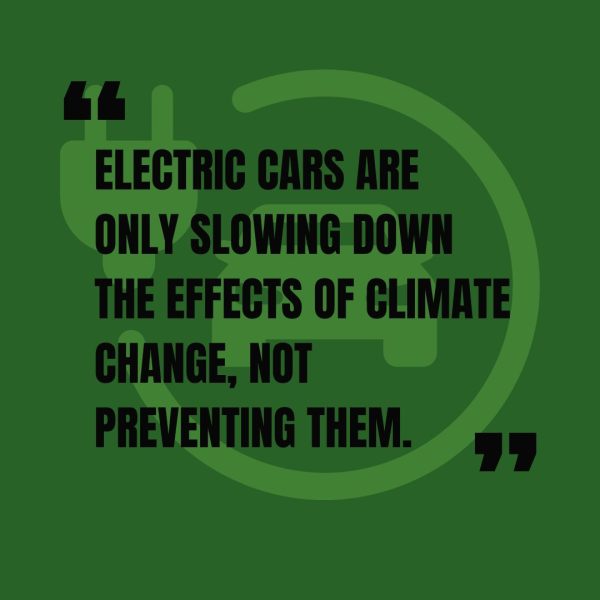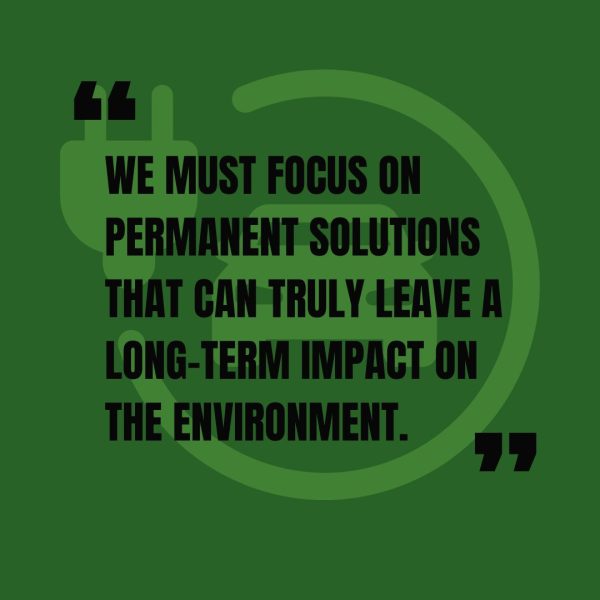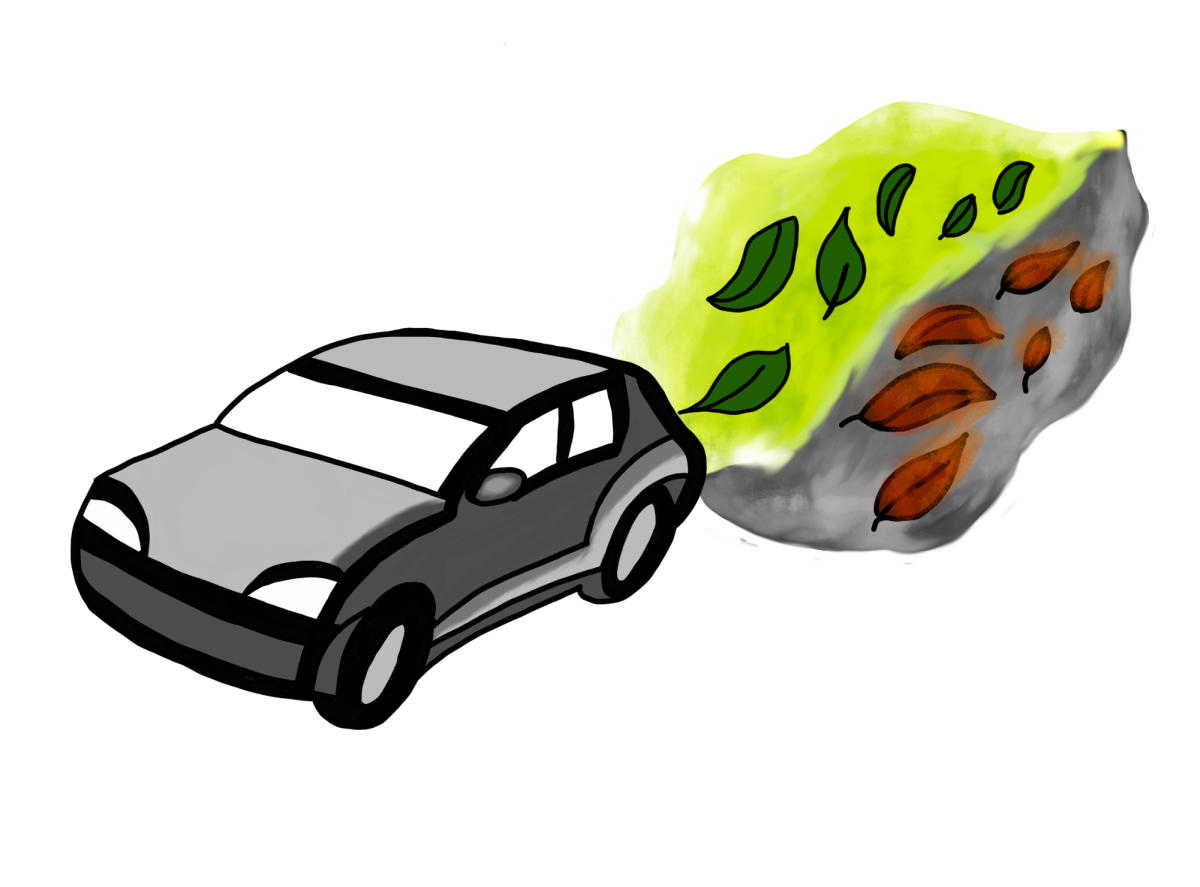You have probably seen the electric vehicle charging stations in MVHS’s parking lot. These 16 electric vehicle charging stations are a result of FUHSD partaking in the Charge! program that aims to expand access to charging stations.
Along with the increasing public awareness surrounding the climate change movement, the popularity of electric vehicles has also skyrocketed. Over the span of just three years, the number of electric cars buyers has tripled, many of whom are attracted to the idea of helping the environment.
However, electric cars are not as green as we may think. As businesses and politicians label electric cars with buzzwords like sustainable and zero-emission, we are misled to believe that driving them does not leave a carbon footprint. Electric vehicles ultimately still contribute to greenhouse gas emissions in their manufacturing and charging processes and even require materials that harm the environment as much as fossil fuels.
The extraction of lithium, a crucial component of the batteries in electric vehicles, uses large quantities of water, produces mineral waste and emits carbon dioxide. According to research done by the Berylls Strategy Advisors, manufacturing a battery with an average weight of around 1000 pounds emits around 74% more carbon dioxide than producing a conventional car made in Germany.
Furthermore, the electricity used to power electric cars uses resources such as coal much more frequently than renewable energy does. With more than 60 percent of U.S. electricity generated from fossil fuels and only around 21 percent generated from renewable sources, electric cars can contribute to the use of fossil fuels, adding to the overall emission of greenhouse gasses.

Oblivious to these indirect emissions, people are putting electric cars in the forefront of fighting climate change, but, in reality, electric cars are only slowing down the effects of climate change, not preventing them. However, if people think that electric cars alone are sufficient to save the environment, they may become complacent and overlook other, perhaps more critical areas in the fight against climate change.
Therefore, we must stop claiming electric cars are our number one solution to preventing climate change and start relying on solutions that are truly zero-emission. Along with joining the effort of electric vehicle adoptions, MVHS can refurbish and expand bike racks so more students can bike rather than drive to school. After all, avoiding the use of vehicles is the true zero-emission solution.
Another alternative method for reducing our personal carbon footprint is to install solar panels on your house in order to reduce the amount of fossil fuels used to generate electricity. Although the charging stations at MVHS are powered by clean energy from the solar panels above them, that is not the case for the vast majority of charging stations, which may tap into fossil fuels during use. Widespread adoption of solar panels allows the use of clean energy to charge vehicles, thus reducing the indirect emissions released. Additionally, installing a battery stores clean energy, where it can be used to charge the car overnight, solving the issue where clean energy charging stations are only operational during daylight hours.

Purchasing electric cars rather than gas-powered cars may seem like an easier alternative to help the environment. However, as long as the products we purchase emit carbon to manufacture, we are still contributing to climate change even if our actions do not directly pollute the atmosphere. Electric cars are not a complete solution to climate change, but rather an improvement, and we must focus on permanent solutions that can truly leave a long-term impact on the environment.













